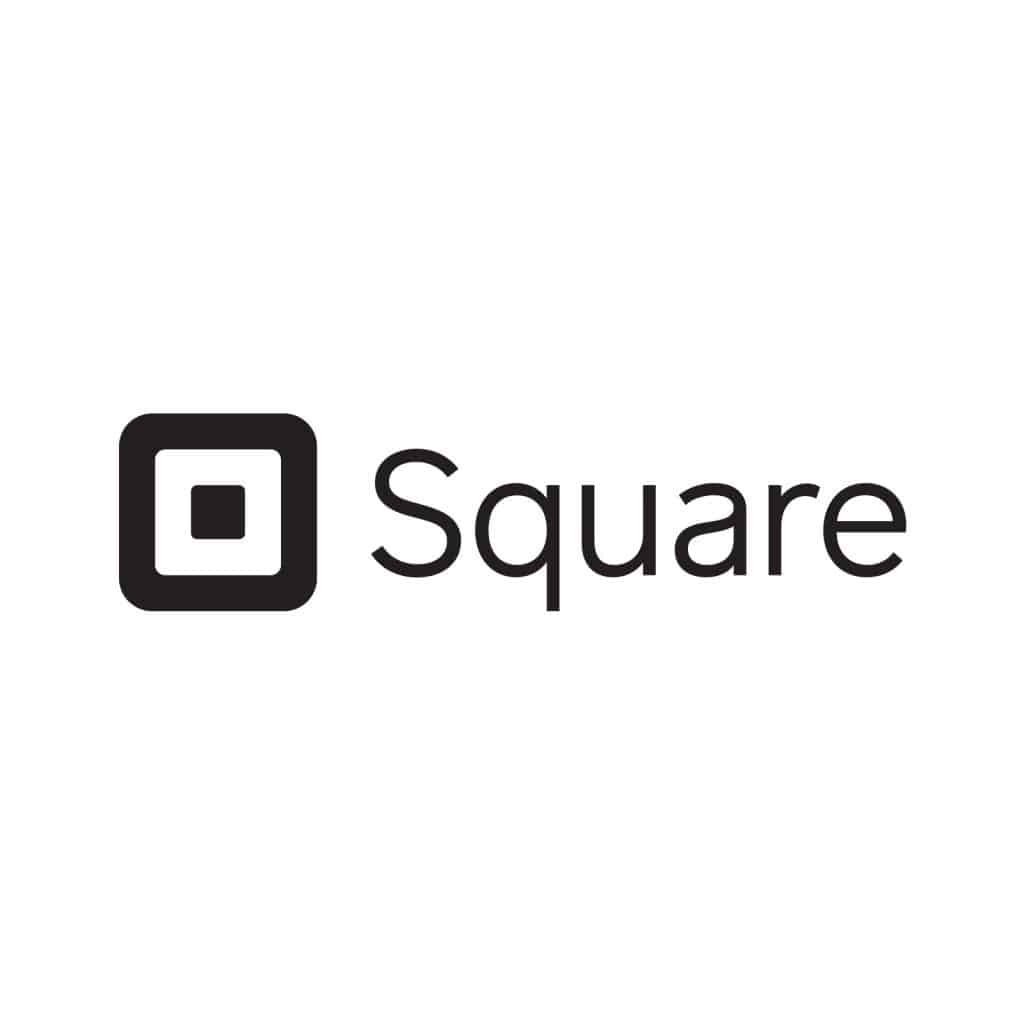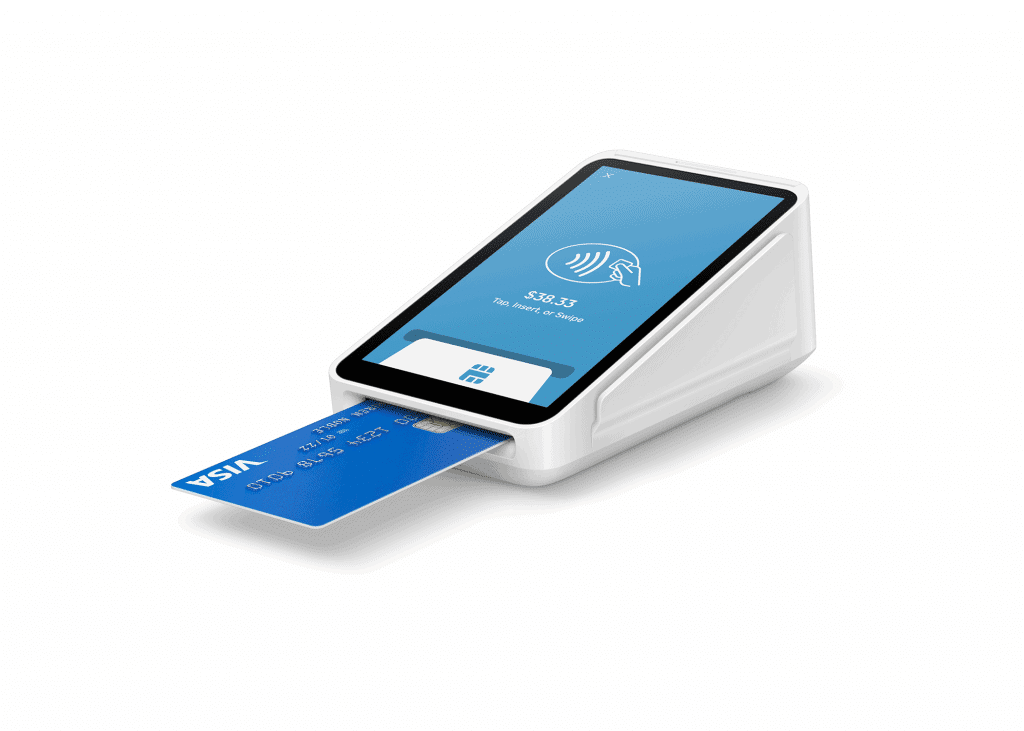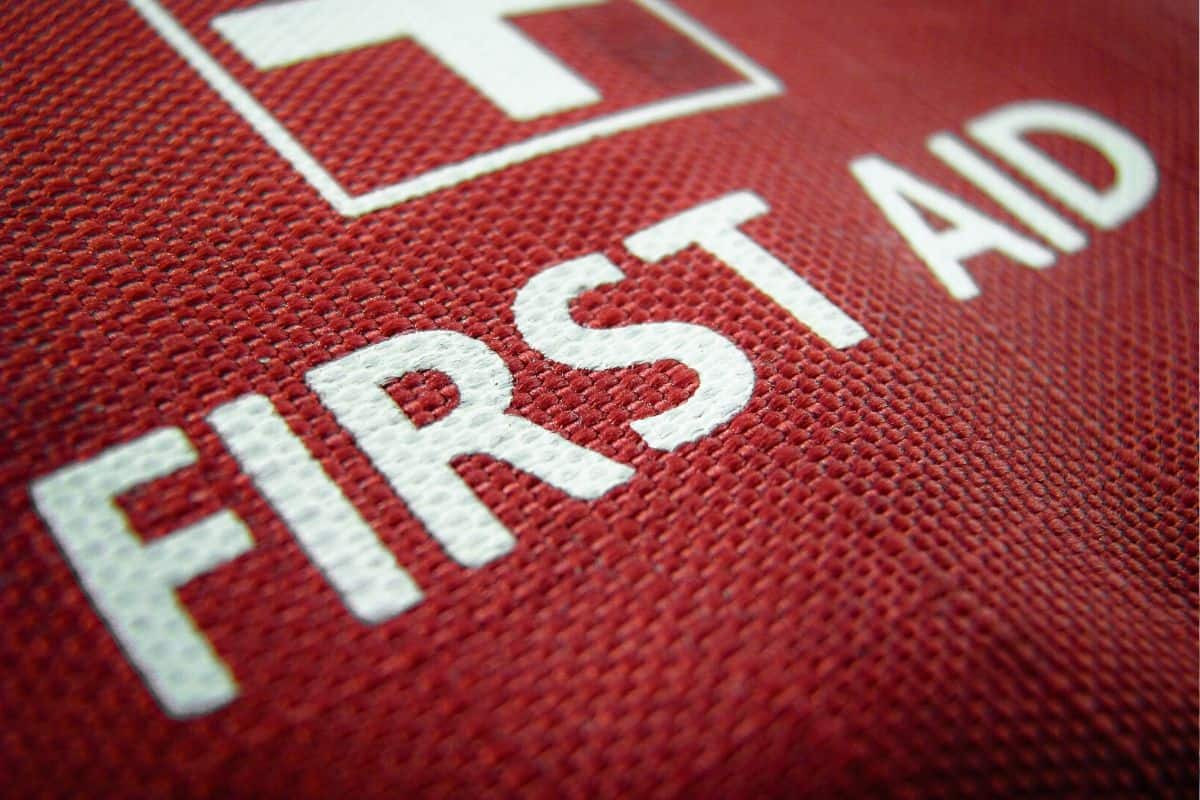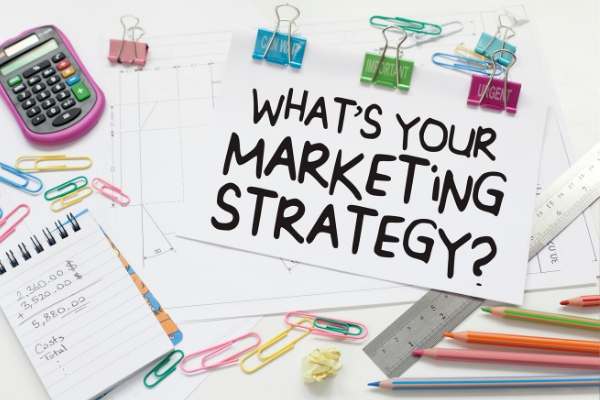I spent ten years promoting events in music venues, so I have written quite a few marketing plans in my time. There are variations to these depending on the sector of events. This article just focuses on the key elements that will apply to most sectors.
An event marketing plan shows all of the steps needed to achieve the marketing objectives you set at the start of the event, for example, ticket sales, social engagement or brand awareness. That plan will outline the tools, techniques and channel you will use to achieve those objectives.
Right now, you’ll probably be reading this thinking how to start writing an event marketing plan. It can seem daunting because there is always pressure on to meet event objectives like selling tickets or generating sponsorship.
Just to be clear, in my view, at this point, an event marketing plan is not the same thing as a marketing event. A marketing event is a type of event ( often for brand awareness) that in itself may have its event marketing plan to attract people to attend.
The key elements of an event marketing plan
- Event goals or objectives
- Target audience for the event
- Marketing channels
- Communication and promotional tactics
- Marketing timeline
- Evaluation
Let look at each of these key elements in detail.
What are my event goals or objectives?
Before you can even begin to write a marketing plan, you need to understand what your event objectives are, also called goals. The terms are interchangeable and can mean slightly different things, but for this article, we will focus on setting your event goals.
These will of course vary from event to event, but you must write these first.
The goals you set must be SMART, be you can find help on setting smart objectives for events here. By making your event objectives SMART, they should have specific, measurable, attainable, realistic and timely element. The first two are the most important as it will allow you to under some evaluation of your event marketing plan at the end.
Example of specific event goals
- Number of tickets to sell
- To break even financially
- Engagement on social media (e.g. likes on Facebook)
- Clicks on a link on a promotional email
- QR code scans from a flyer campaign.
- Sponsors satisfaction.
Your event marketing plan will then illustrate how you intend to achieve those goals.
Who is the target audience for the event?
A good event marketing plan will clearly illustrate and identify the target audience for your event. The marketing plan will identify this early on clearly describing how the marketing and promotional elements will reach this target audience to satisfy your event objectives.
The target audience for an event can be large or small, and sometimes you may find that you have more than one audience.
Having multiple target audiences doesn’t mean you need numerous event marketing plans, but you may need to use different marketing channels such as social media for each. Writing this down in a marketing plan enables you to clear ear about how you will do that.
Which marketing channels will you use?
Your event marketing plan will outline which marketing channels best fit your target audience and therefore offer the best chance of meeting your event goals. You may think that you simply want to use as many marketing channels as possible, but this is untargeted marketing and not advisable.
Untargeted marketing will be expensive as you may be spending money or resources on marketing channels that are not reaching your intended target audience. The alternative to this is to use targeted marketing.
Targeted marketing means you only use those marketing channels where your defined target audience also exist for use.
For example if you wanted to target and mainly teenage audience, you may consider music social media platforms such as Snapchat or Tiktok. This demographic is known to use those marketing channels heavily full stop; this might not be a good strategy if your target audience is made me retired people.
OK, that is a bit of an extreme example. Still, I hope that illustrates why giving due consideration to the marketing channels you intend to use is so essential, especially if you are on on the tight budget and have limited resources.
This method target marketing allows you to gain the maximum return turn for the minimum amount of import. Your event marketing plan should therefore include a list of marketing channels most suited to reaching your target audience.
Communication and promotional tactics
Your event marketing plan should be clear ear around the types of communication and the language you plan to use to promote your event full stop this may start with your brand and the values that you wish to be known.
You should consider the type of language that you want to use in all of the communications you plan to put out. Does your event suit a more formal tone, or would you prefer to speak with more casual language?
It is essential to make this decision early on and then act consistently throughout the promotion of your event. A communication plan in your marketing is all part of delivering a consistent experience to your potential attendees.
For events, photos and videos are now a crucial element of any marketing campaign, and so you need to consider how and when to use them to best effect.
Videos can be handy for delivering large amounts of information such as ticket prices and release dates without having to post a long page of text and can often be more attractive to view for your audience.
Promotional tactics vary depending on where you are in the timeline of your event marketing plan. It may also depend on how new or popular your event is,
For example, a brand new event may need to employ promotional activities such as ticket discounting during the early part of the marketing campaign, which often helps to get sales moving and maintain adequate cash flow within the event.
Other promotional tactics could include ticket deals for groups, discounted tickets for previous attendees or using partners such as sponsors to help sell the events as they may have a larger audience than you do.
One final point to consider here is how your potential attendees can interact with you. Many events now rely on the co-creation of value, which means allowing attendees to have a voice and contribute towards the event experience. Consider how you will manage and facilitate this voice to ensure that people feel their views of valued and therefore building a stronger relationship with them.
Marketing timeline
Your timeline is another crucial element of your event marketing plan. When approaching this experience of past events and evaluation of those event marketing plans should allow you to improve this timeline each year.
Typically these timelines are designed in software such as a spreadsheet (e.g. Excel), but there are custom event management software available. See our resources pages for ideas.
Another tip to give you here is to consider using social media bookers to pre-plan or schedule social media posts. Again depending on the social media that you plan to use it’s worth investigating even what time of the day is the best time to post your content. We have some of our favourites on our resources pages.
Evaluation
Evaluation is always the last thing in your event marketing plan, but it can be the most crucial element if you run an event that happens regularly. One of the reasons that you set yourself SMART objective at the start was so that you can then measure if you achieve those goals within the context of this marketing plan.
You should look back at various checkpoints during the marketing plan, and your goals for that point, did you achieve these?
Depending on the original goals, there are a variety of tactics that you can use with your evaluation. Sometimes short surveys of customers can best, other times, perhaps you need to engage in some feedback with contractors or suppliers.
So they have a short overview of what an event marketing plan is. There are variations to this depending on the type of event that you have. But all should have these core elements included.


















